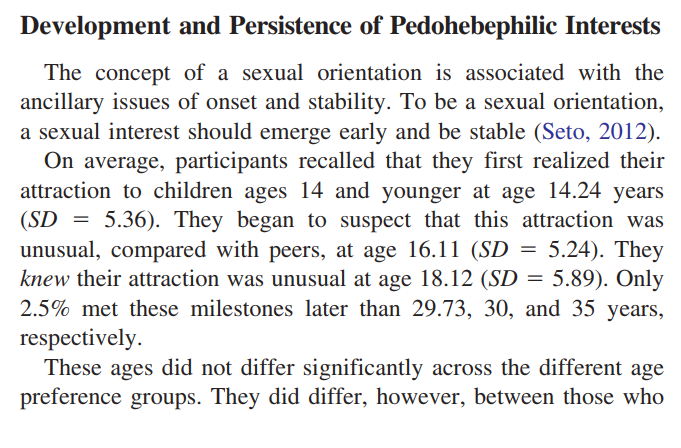This is easily explained by research that is now five years old (APA PsycNet):

Pedophilia, the attraction, is not a diagnostic term - pedophilic disorder is, and pedophilic disorder is not the attraction itself, but the distress one may or may not feel from having the attraction.
MAP Support Club operates by very clearly identifying right at the beginning of the process to allow people space to describe why they believe they are attracted to minors, and while our staff are not specialists, we do attempt to be very clear with anyone with any question about their attractions that POCD exists and what the differences are. Virped has some very good resources that we have permission to quote to people.
There realistically is even less of a way to do this than there is to refer particularly distressed individuals to a specialist. They simply are very, very rare and there is no category of specialty therapy for POCD like there is generalized anxiety, depression, autism, etc.
I have been advocating on these issues for six years. I have never heard a single decent explanation for what people mean when they say ‘normalizing’ pedophilia. It is impossible to
POCD cannot be caused by chatting in an online community to the best of my knowledge. Generally, for those with POCD, anxiety is a background issue already, and some go through a phase where they are sure they have POCD because of how strongly they feel they do not want to be a pedophile.